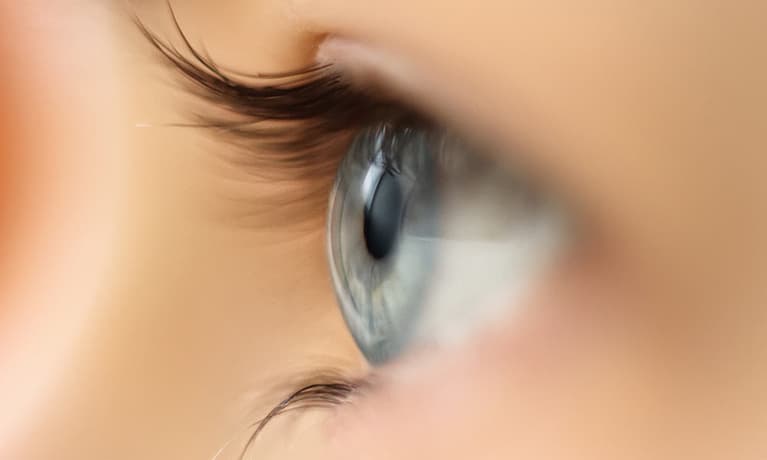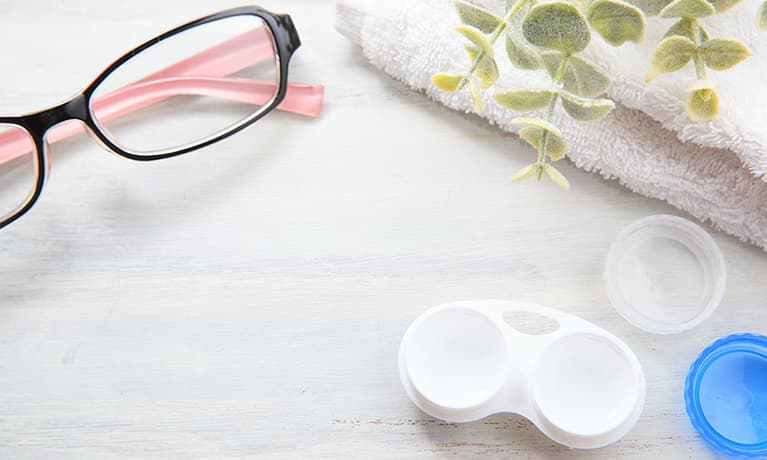There has been a lot of buzz at Milwaukee Eye Care recently about new treatments for conditions such as wet macular degeneration, diabetic retinopathy and macular edema. The use of intravitreal injections has become more commonplace in recent years and are providing help for conditions that we previously had little success treating.
Intravitreal injections have transformed our ability to treat and control common retinal conditions such as wet age-related macular degeneration, diabetic macular edema, and retinal vein occlusion . Intravitreal literally means “into the vitreous humor of the eye”, and that is how we administer these medications. The injection is placed directly into the vitreous gel that fills the interior of the eye, adjacent to the retina. This allows the medication to work directly on the retina.
Many medications can be administered intravitreally. The most common class of medication administered intravitreally are anti-VEGF drugs (Anti-Vascular Endothelial Growth Factor), such as Avastin, Eylea, Lucentis, and Beovu. The anti-VEGF medications stop abnormal blood vessel growth and reduce the amount of swelling or leaking from these abnormal vessels. This in turn, reduces scar production and retinal damage, improving the likelihood of vision recovery. Of course, visual outcome depends on the situation and severity of the condition being treated. Recurring treatment is often necessary, and many patients receive the treatment as frequently as every month to control their retinal disease.
It may sound scary to receive an intravitreal injection in your eye, but your doctor will numb your eye prior to the procedure to ensure your comfort. The procedure takes only a few minutes and we perform it right in our office. Common side effects include irritation or soreness of the eye, floaters, or redness, but these are typically short-lived. By far and away, most patients find that the treatment is easier than they expected.
Schedule an appointment with Dr. Sward today if you are a candidate for these treatments.










